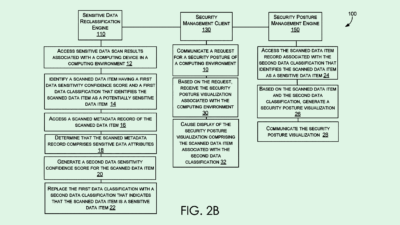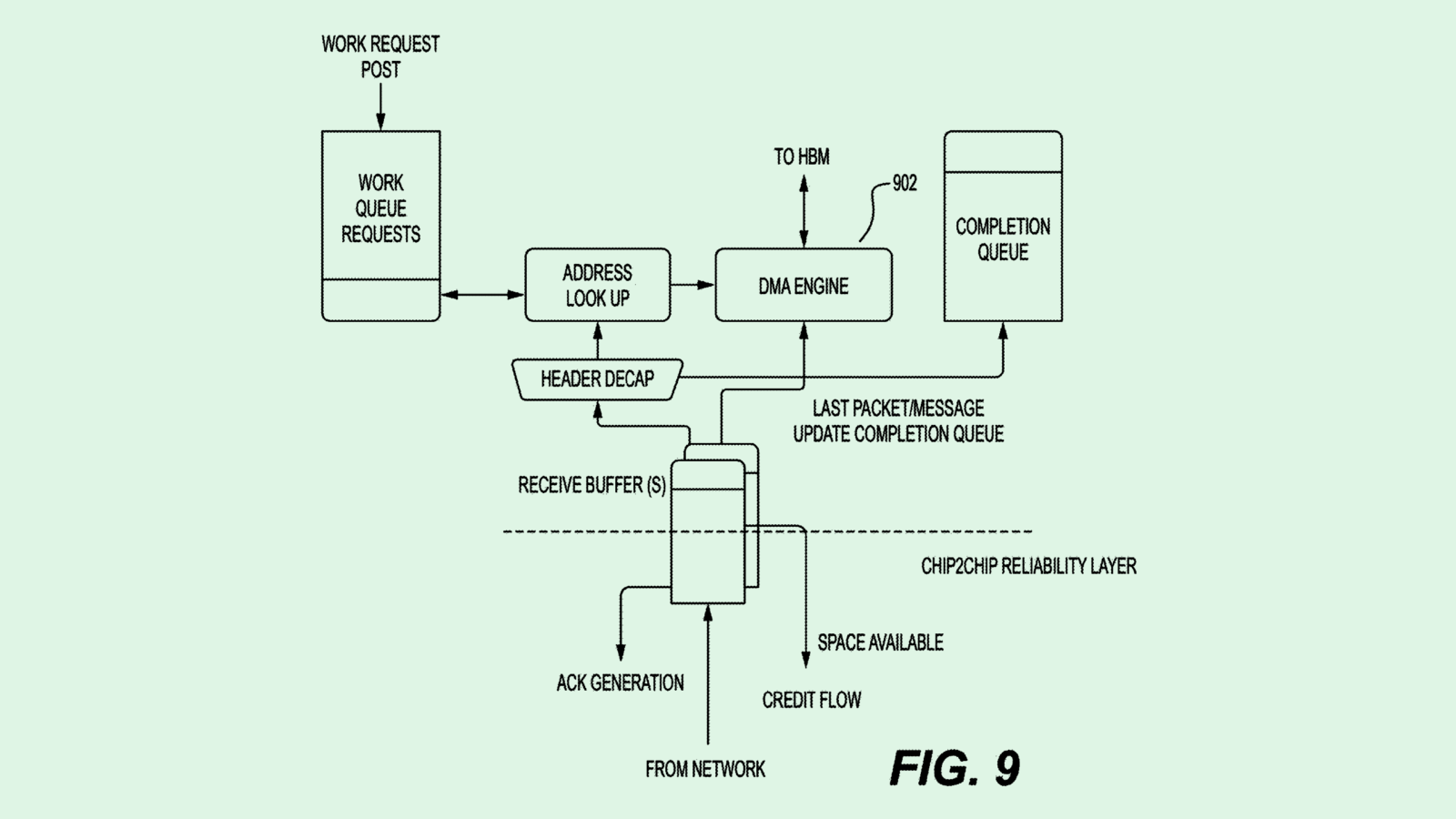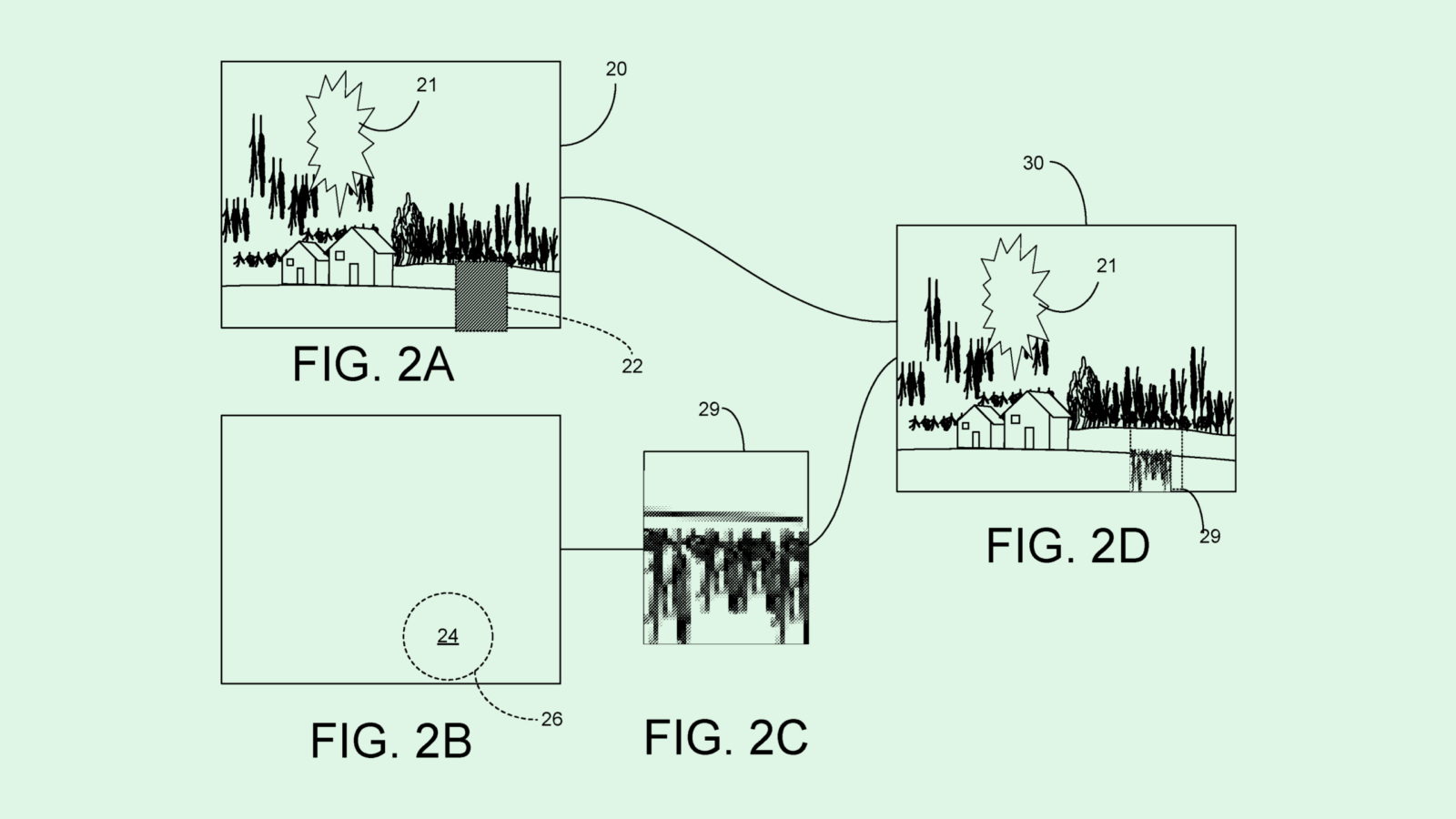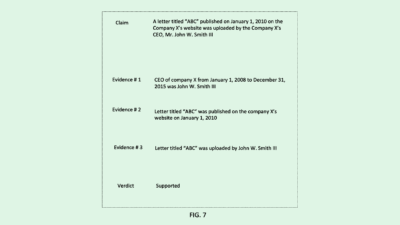eBay Saves Face with Image Data Privacy Patent
Preserving privacy in image datasets could be beneficial in training visual AI without putting user data at risk.
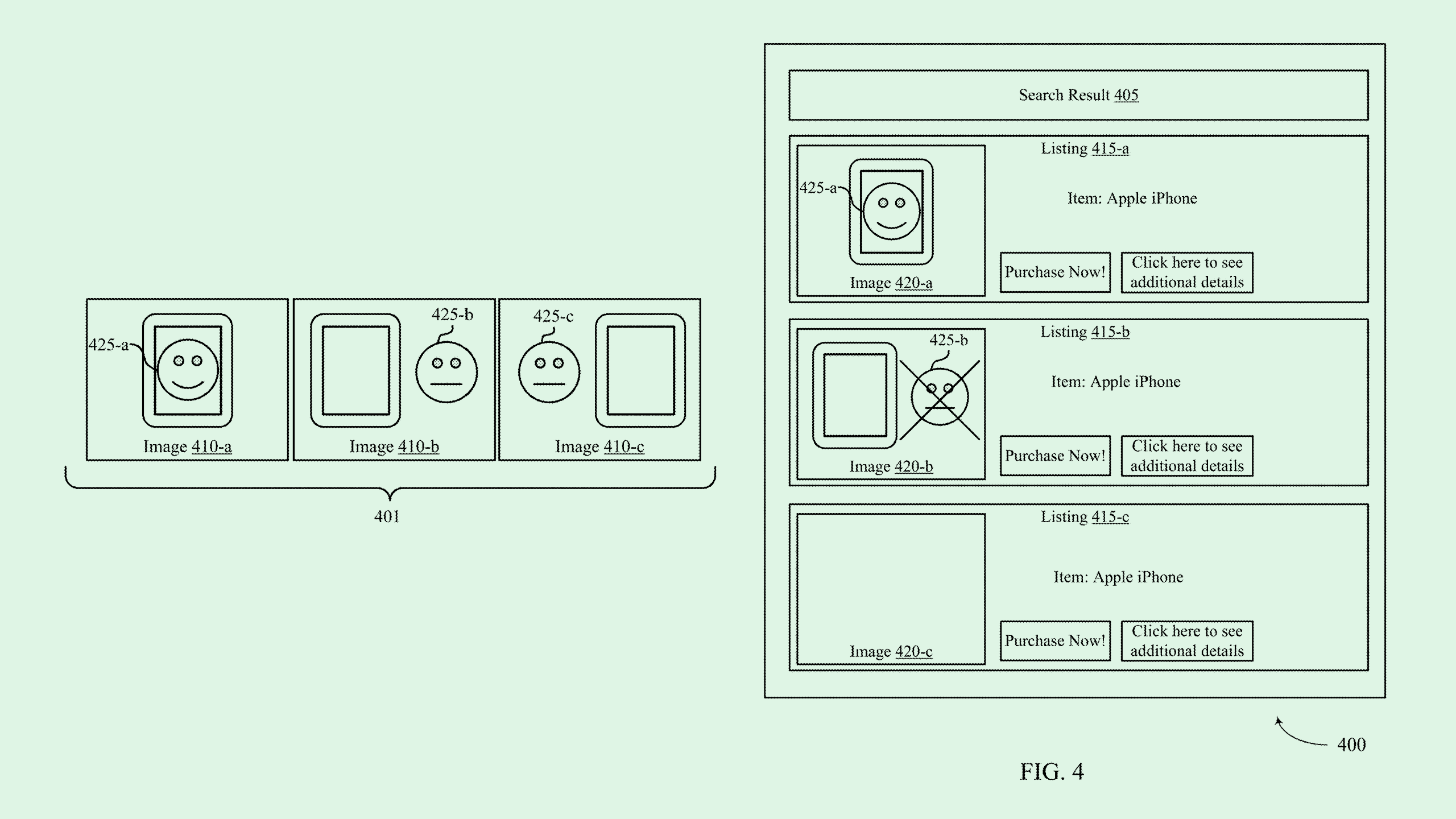
Sign up to uncover the latest in emerging technology.
eBay wants to make sure the right things are being listed on its marketplace.
The second-hand e-commerce firm wants to patent “face detection” as a method to address privacy in publishing image datasets. The filing details a system that identifies when people’s faces are included in images attached to listings, and obscures them within search queries.
eBay’s tech makes the distinction between private and “non-private” human faces in this filing. For example, a private face may be that of a private citizen, or a “not-safe-to-share” face, such as that of a child. A non-private face may be one that’s already displayed on a piece of published media, like a magazine or DVD, or an animated face.
“The image may include a human face, and may be a private human face or a non-private human face,” eBay noted in the filing. “Display of private faces in search listings may lead to privacy concerns.”
This tech relies on a machine learning model trained to identify human faces and determine whether or not the face is a private or non-private face. When eBay’s system comes across a private face, it’ll filter those images out, remove them from the post or obscure them through blurring.
This system relies on a “distribution-balance trained” machine learning model, meaning it’s trained to take imbalances in data into account. In this case, the system may see more non-private faces versus private ones. Having the model take this into account improves the model’s accuracy by decreasing false positives.
If its patent activity tells us anything, eBay is deeply interested in adding visual AI to its marketplace. The company recently sought to patent a computer vision-based “intelligent online personal assistant,” as well as a system that uses the vision-based AI to increase “efficiency in user interaction.” This patent, however, is different from the previous ones, as it uses facial recognition to protect user privacy, rather than computer vision to track user activity.
While this tech could be helpful for maintaining the privacy of the sellers on its marketplace, preserving privacy in image datasets could be beneficial in training visual AI without putting user data at risk. Computer vision and vision-based AI models require a whole lot of training data, and using internet-scraping to collect this may not be the safest bet as far as data security goes.
Tech like this is especially significant as AI’s training data privacy and security issues come into the public eye. But because tech firms everywhere fear being left behind, the race to create more powerful AI tools continues, and the data security problem grows larger.
Several companies are looking at ways to make their datasets more private, including anonymizing images or using synthetic data. eBay’s solution could provide a more deft solution, allowing AI models to be trained on “non-private” faces while keeping the mug of the average user private.



